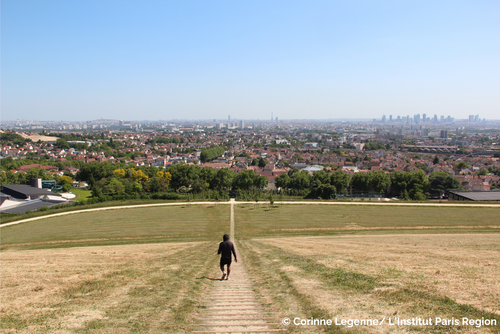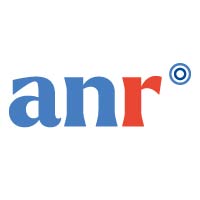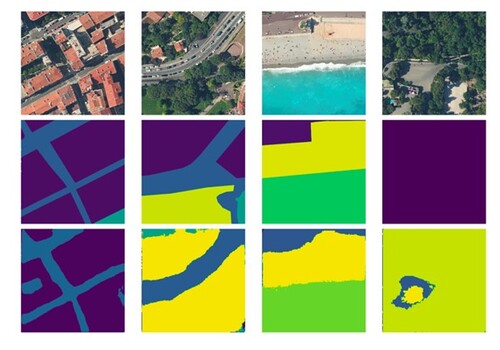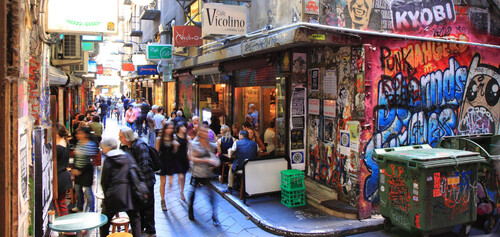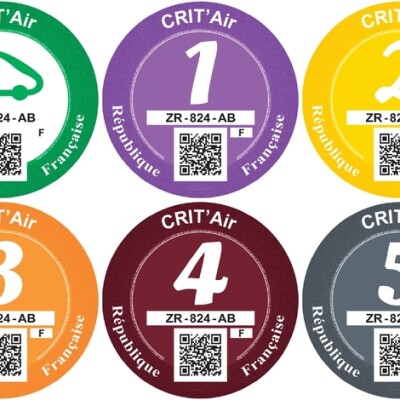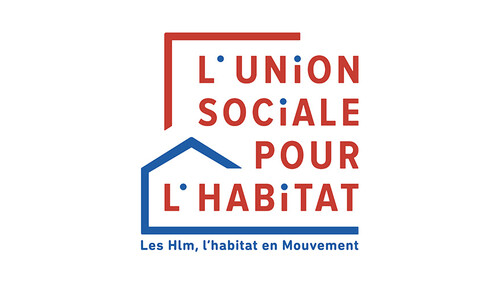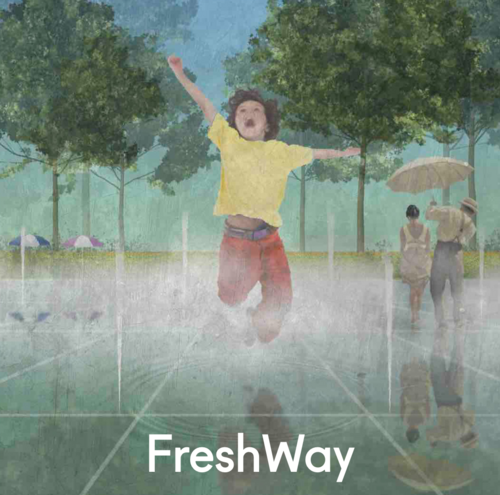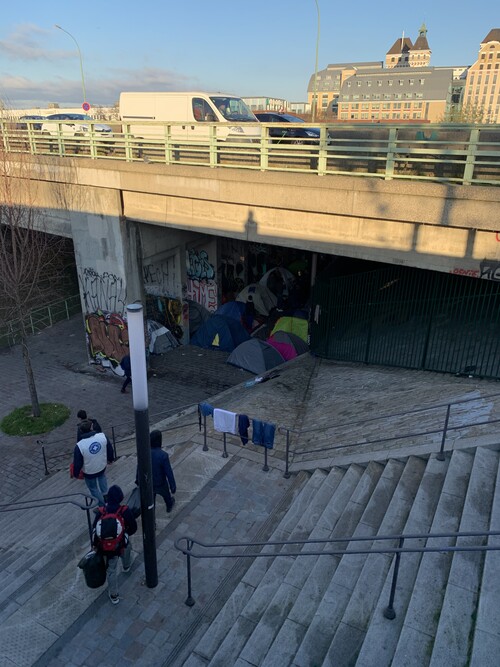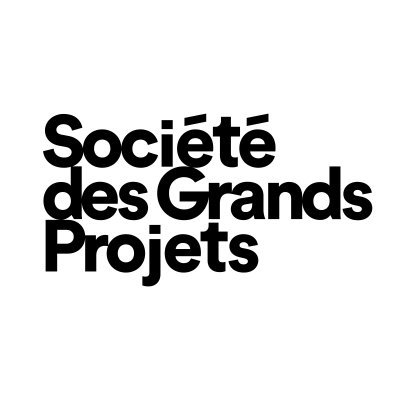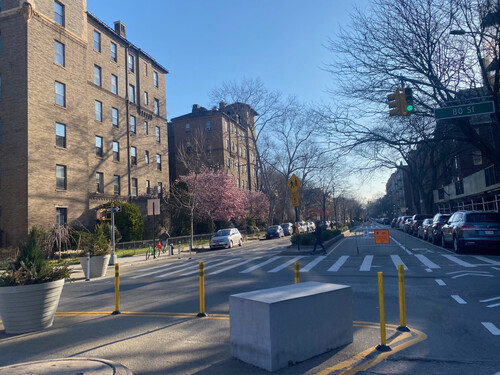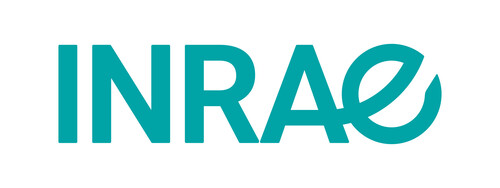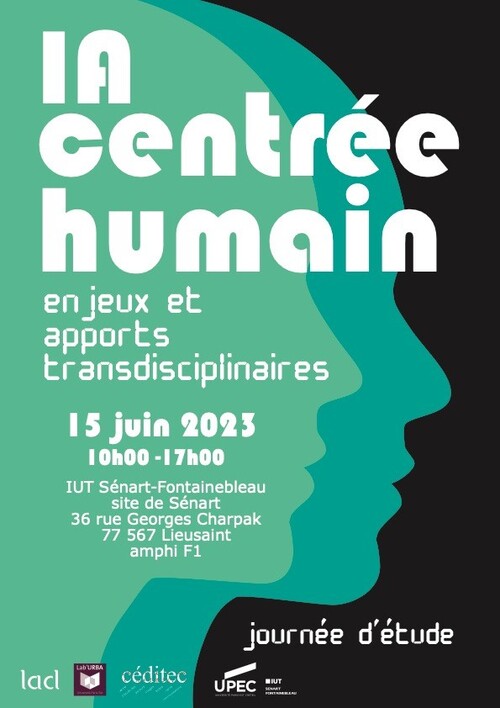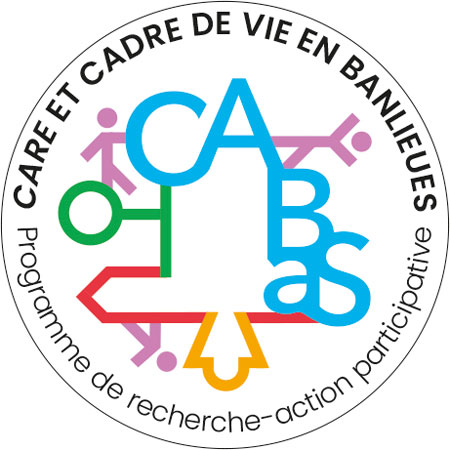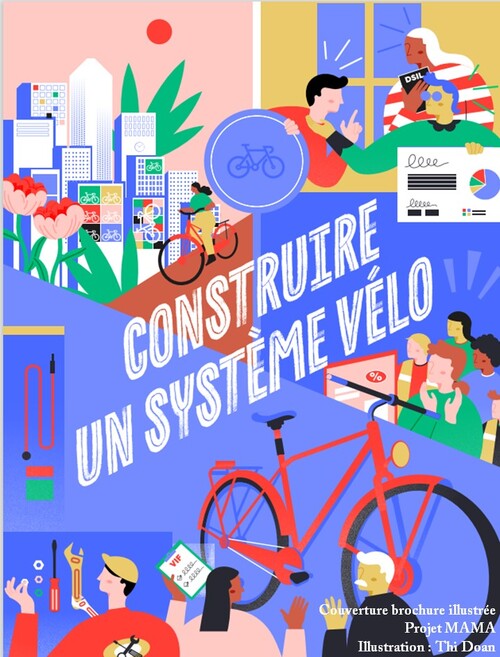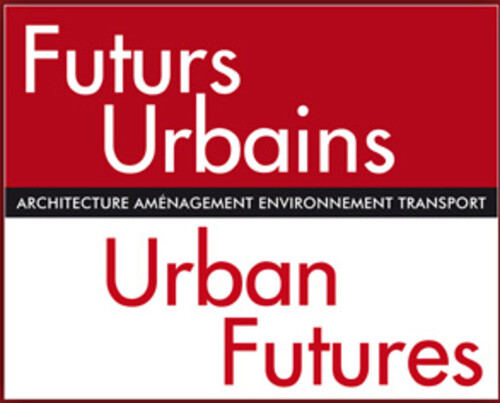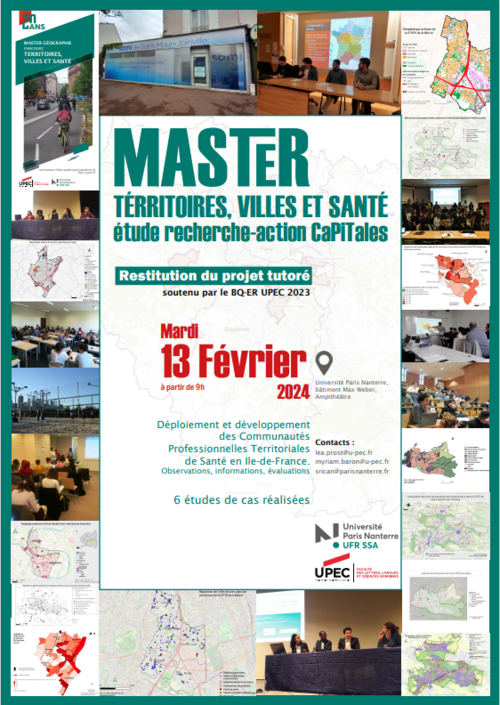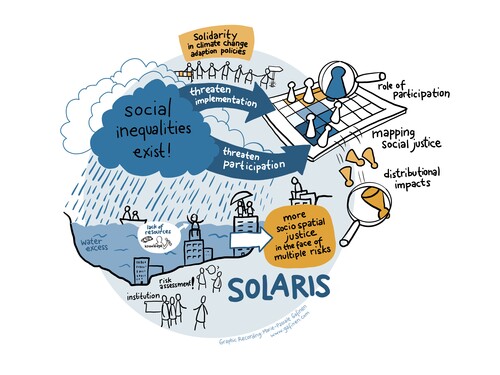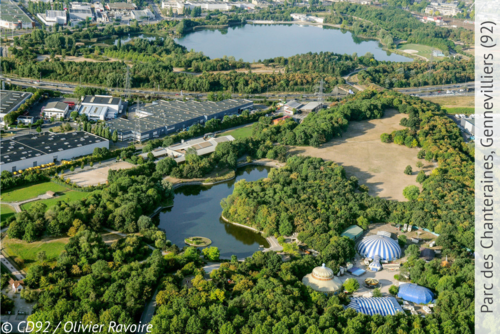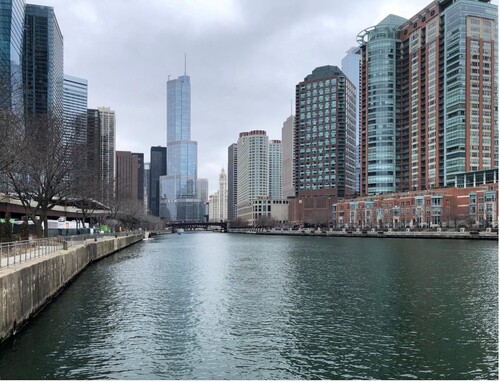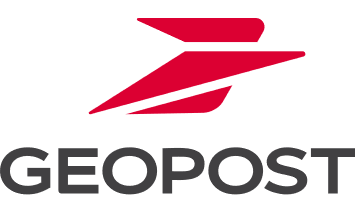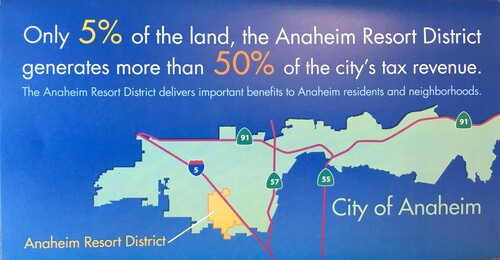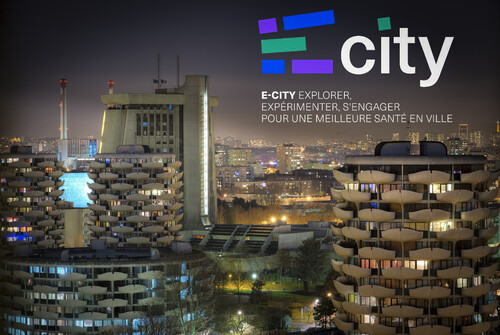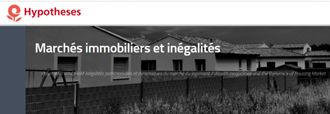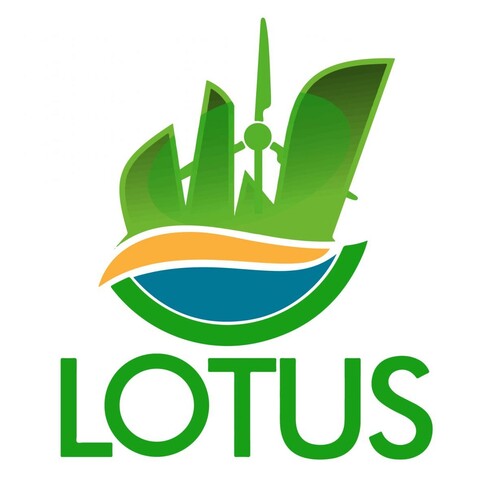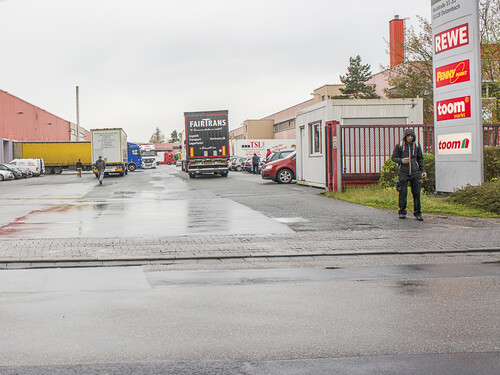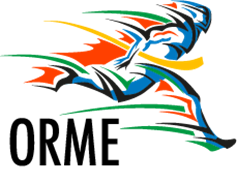Research Projects
2023–2026: POPSU Grand Paris — Exploring the Conditions for a Metropolitan Ecological Transition
Metropolises are often viewed as inherently incapable of meeting the demands of ecological transition, leading to their systematic disqualification in this regard. The POPSU Grand Paris platform challenges this assumption by directly addressing the complex relationship between ecological transition and metropolitan trajectories. This project aims to explore the conditions under which a metropolitan ecological transition can be realised.
View the project2020–2026: SENOVIE — European Contract with the French National Cancer Institute
The SENOVIE project investigates breast cancer among women who migrate to access healthcare services. Conducted across France (Île-de-France), West Africa (Mali, Benin), and Southeast Asia (Cambodia), the research focuses on the drivers behind these migrations, the resulting biographical ruptures, and individual trajectories.
View the project2024–2025: RECREALOG-IDF — ANR-Funded Project
This participatory research-creation project examines the employment–housing relationship within the logistics sector in the Île-de-France region.
View the project2023–2025: EVER-CAN — Characterisation of Urban Green Spaces and Cancer Risk within the E3N Cohort (1990–2014) — ANSES-Funded Project
The primary objective of EVER-CAN is to study the associations between proximity to urban green spaces and the risk of developing cancer, using data from the French E3N cohort.
View the project2023–2025: The Urban Production of Undesirability: Scales, Norms, Spaces — National Defender of Rights Contract
This project aims to document the diverse modes of managing public spaces that lead to the displacement of populations labelled as "undesirable". It examines the normative frameworks alongside their practical applications at various scales and across a range of field sites throughout France.
View the project2023–2024: Social Issues of Low Emission Zones (ZFE-m) in Paris and Lyon — Forum Vies Mobiles Contract
Nitrogen dioxide (NO₂) and fine particulate matter (PM2.5) levels frequently exceed World Health Organization (WHO) guideline values in many French territories. These transport-related pollutant emissions are targeted by Low Emission Zones (ZFE-m or ZFE), which restrict vehicle circulation within defined areas based on technical and administrative criteria. The project explores the socially differentiated impacts of these zones and investigates how public institutions perceive, anticipate, or alternatively overlook and choose to ignore these effects.
View the project2022–2025: FILOPLA — Local Property Taxation: What Effects on Affordable Housing Production? — Union Sociale pour l'Habitat Contract
The FILOPLA project seeks to specify the role of local property taxation in the production of affordable housing, taking into account different territorial contexts.
View the project2022–2025: FreshWay — National ADEME Contract
This project analyses and models climate change adaptation trajectories, focusing on urban cooling strategies. By studying the planning and implementation of cooling solutions across eight municipalities of varying sizes and climates, FreshWay examines how urban areas adapt to heat and heatwave impacts driven by climate change.
View the project2021–2025: Urban Hospitality, Mobilisations, and Mental Health of Highly Precarious Exiled Persons in Paris — Médecins du Monde Contract
This participatory action research is conducted in partnership with Médecins du Monde’s psychological support service for exiled persons in Paris and Lab’Urba.
View the project2020–2025: Memories of the Grand Paris Express — Société des Grands Projets
This project involves an oral archives campaign to create a documentary collection preserving the historical traces of the origins and early years of the Grand Paris Express project. Based on a research question developed at the project’s inception, it aims to record 50 video testimonies following established historical standards. The resulting archive will be deposited at the French National Archives.
View the project2020–2025: GeRTrUD — ANR JCJC Programme Contract
The Gestion et régulation transfrontalières de l’urbanisation diffuse (GeRTrUD) project develops a comparative approach to the challenges and regulatory processes of urban sprawl in the cross-border metropolitan areas of Bayonne, Geneva, Lille, Luxembourg, and Strasbourg.
View the project2023–2024: ADAPT4 — International Contract, University College London Research Grant
In the wake of the Covid-19 pandemic, the ADAPT4 project focuses on cities’ capacity to adapt and anticipate in order to mitigate the impacts of such shocks while maintaining the dynamism of their complex flows. The objective is to derive a set of “lessons” at multiple scales to promote proactive adaptability. New York, London, Paris, and Tokyo are the main case studies.
View the project2022–2024: Indiquasols — INRAE Contract
Characterising, Preserving, and Restoring Soil Quality: Which Indicators? This study aims to conduct a state-of-the-art review of scientific knowledge regarding the indicators necessary to measure soil quality in relation to land use, with a view to informing the implementation of public soil preservation policies.
View the project2022–2024: Regulating Carbon-Intensive Work-Related Mobility: Imagining a Public Policy — Forum Vie Mobiles Contract
Work remains the primary reason for travel, accounting for 45% of distances covered (commuting and work-related travel). Mobility practices linked to work (company vehicles, air travel) heavily influence industrial choices. This research addresses two key questions: how can companies contribute to the necessary reduction of greenhouse gas emissions, and how can public authorities support them in this effort?
View the projectSince 2022: IACH — Human-Centred Artificial Intelligence
The IACH project aims to develop methods and tools to foster AI literacy and critical appropriation among non-expert audiences, specifically applied to the humanities and social sciences.
View the projectSince 2022: CABaS – Care and Living Environment in Suburban Areas
The CABaS project is a participatory action research initiative focused on the living environment (food availability, health, green spaces, housing, health-supportive urban planning) and on the attention given to suburban territories and their residents through the concept of care. This research is intended to be conducted collaboratively with residents as well as elected officials and professional stakeholders from various municipalities. Building on previous work, it seeks to develop a reflection on the methodologies and positionalities required for such research. Lastly, the project examines the replicability and transferability of participatory action research methodologies.
View the project2021–2024: Working Group “Active Mobility – Cycling and Health” of the Project From the World Before to the World After (MAMA) – CNRS-INSHS European Contract
This research project explores how the Covid-19 crisis contributed to the transformation of public and associative action regarding cycling mobility in the Île-de-France region. It also investigates the role of health concerns in the implementation of public policies promoting cycling in response to the (post)pandemic context. Finally, the project analyses how changes in infrastructure, public policies, and cycling promotion efforts aimed at the general public differ across scales and territories.
View the project2021–2024: The Low-Power City: The Urban Question in the Face of Energy De-escalation – Labex Futurs Urbains Contract
Led by the interdisciplinary group “City and Energy” within the Labex Futurs Urbains, this project aims to explore the notion of energy de-escalation through an empirical approach grounded in a situational study of ongoing energy-related processes. The primary case study is the Cité Descartes campus, with the project adopting the perspective of articulating energy de-escalation issues through multiple organised events, thereby contributing to changes in everyday practices and social perceptions of these issues.
View the projectSince 2021: CaPiTaLeS – European Contract GIS IReSP
Since the 2016 modernisation law of the French health system, Territorial Professional Health Communities (Communautés Professionnelles Territoriales de Santé, CPTS) have emerged as a new organisational model for private healthcare professionals (physicians, nurses, dentists, etc.) in coordination with hospitals. This framework aims to bring together all healthcare professionals working within the CPTS territory to collaborate on a common project. What motivates or hinders healthcare professionals from joining a CPTS? On which projects do they reach consensus? How does this new structuring contribute to reducing social and territorial health inequalities? These are some of the key questions this project seeks to address.
View the project2020–2024: SOLARIS – ANR Contract
The Solaris project examines how climate change adaptation policies, specifically those related to flood and marine submersion risk management, identify and address socio-spatial inequalities. This issue is explored through two local case studies in each of the four countries analysed: France, England, Belgium, and Finland.
View the project2019-2024 : Financing Clean Air - Contrat européen JPI Urban Europe-NFSC
Sustainable Urbanisation in the Context of Economic Transformation and Climate Change: Sustainable and Liveable Cities and Urban Areas Europe-China. Poor urban air quality is a significant threat to human life. More sustainable transport and housing promises to enhance air quality but this requires investment. The uplift in land values achieved through planning consent, infrastructure provision and the effects of economic growth may be captured by the state using an array of LVC mechanisms. Focussing on housing and transportation improvements, we will explore how varying approaches to LVC can be attuned to varied economic, cultural and natural conditions in China and Europe to improve air quality and support sustainable development and urban renewal.
View the project2018–2024: Local Public Investment and Territorial Systems – ANR Contract
Sustainable development, local authorities, and financial sustainability. With the participation of Francesca Artioli and Françoise Navarre.
View the project2017–2024: Urban Natures
The Urban Natures Interdisciplinary Group of the Labex Futurs Urbains brought together researchers — several of whom are members of Lab’Urba — from a diverse range of scientific disciplines (anthropology, sociology, ecology, geography, hydrology, etc.) around a common research theme: “Urban Natures.”
View the project2022–2023: Chicago River – International Contract with the FACE Foundation
Is the concept of landscape still relevant in urban environments, especially in the quintessential city of Chicago? Architect and researcher Jennifer Buyck investigates ways to reconnect the living environment with urban space in the Anthropocene era. Traversing rivers with her camera in hand, she explores how these waterways played a crucial role in shaping the city and how they could play an equally significant role in the forthcoming ecological transition.
View the project2020–2023: OAC – NS – I-Site Future Contract
The project Organisations Alternatives de la Citoyenneté Nord-Sud (Alternative Citizenship Organisations North-South), funded by I-Site FUTURE, aims to study how citizens engage in and experiment with innovative forms of action in response to environmental and social issues.
View the project2020–2023: RESYSTER – I-Site Future Contract
RESYSTER (Resilience of Systems and Territories) was funded under an internal call for projects by UrbaRiskLab focusing on the health crisis. It led to the creation of a serious game designed to stimulate exchanges among stakeholders involved in managing the COVID crisis within a given territory and to foster dialogue with researchers in order to produce a shared feedback experience.
View the project2018–2023: DéPOS – ANR Contract
DéPOS contributes to increasing knowledge about post-hurricane waste deposits by developing indicators of waste production (in terms of quantity and quality), particularly in relation to land use and hazard characteristics. These indicators are constructed based on case studies, literature reviews, and expert testimonies.
View the project2020–2022: The History of Postal Parcel Delivery from the Late 1980s to the 21st Century – Geopost and Postal History Committee Contract
Building on previous research on the history of parcels in France, this project aims to trace the recent history of the postal parcel delivery sector since the 1980s. The sector has undergone profound changes characterised by scale shifts, notably the internationalisation of structures, the rise of logistics strategies, and the evolution of management tools and parcel processing systems.
View the project2020–2022: DISCOUVDYN – Dynamics of Disney Governance in Marne-la-Vallée – I-Site Future Contract
This project focused on understanding and comparing the growth coalitions formed around Disney theme parks and their associated developments in Anaheim, California, and Marne-la-Vallée, France.
View the project2020–2022: E-city Program – PIA Contract
Centred on the establishment of both a student cohort and a general population cohort, the E-city research-action program aims to better understand the impact of the environment and individual or collective behaviours on health trajectories, support public policy, and empower individuals to take an active role in their own health.
View the project2019–2022: Wisdhom – ANR Contract
Wealth Inequalities and the Dynamics of the Housing Market
How do welfare state reforms (capitalisation and household assets), market volatility, and inflation affect the geography of inequalities in housing markets? Since the 1990s, housing prices have risen faster than incomes, becoming a factor of polarisation and vulnerability. Within the Wisdhom project, the relationship between socio-spatial inequality and market capitalisation, instability, and vulnerability is analysed.
2019–2022: CRUD – Climate-Resilient Urban Design – I-Site Future Contract
The effects of climate change are increasingly evident today, with more frequent and intense episodes of heat and extreme precipitation worldwide. Urban climate must become a key consideration in the planning and design of contemporary cities. The CRUD project, structured around an international workshop, an inaugural symposium, and the construction and validation of urban objects in the Sensecity climate chamber, seeks to explore integrated design strategies for climate resilience.
View the project2019-2022 : LOTUS Locally Organized Transition of Urban Sustainables Spaces - Contrat ERASMUS +
The challenges of a changing climate increase the need to support municipalities, citizens and companies in the process towards a zero-carbon future. The transition to a carbon neutral city or municipality cannot be achieved by local decision makers alone but must include a multitude of actors.
View the project2016–2020: WORKLOG – ANR JCJC Programme Contract
The working worlds of logistics: a visual and comparative ethnography behind the scenes of global cities. Logistics, dedicated to organising the transportation and handling of manufactured goods from extraction sites to points of consumption, destruction, or recycling, occupies an interface position between industry and services, represents an essential function for urban supply, and today employs 13% of French workers and 17% of German workers. WORKLOG analyses the residential, provisioning, and leisure practices shared by workers in this sector.
View the project2016–2018: ORME – National PEPS CNRS Contract
The ORME (Observatory for Research on Mega-Events) is a multi-laboratory and interdisciplinary platform bringing together researchers working on Paris 2024. Its objective is to stimulate, support, develop, and promote research on mega-events and their evaluation.
View the project